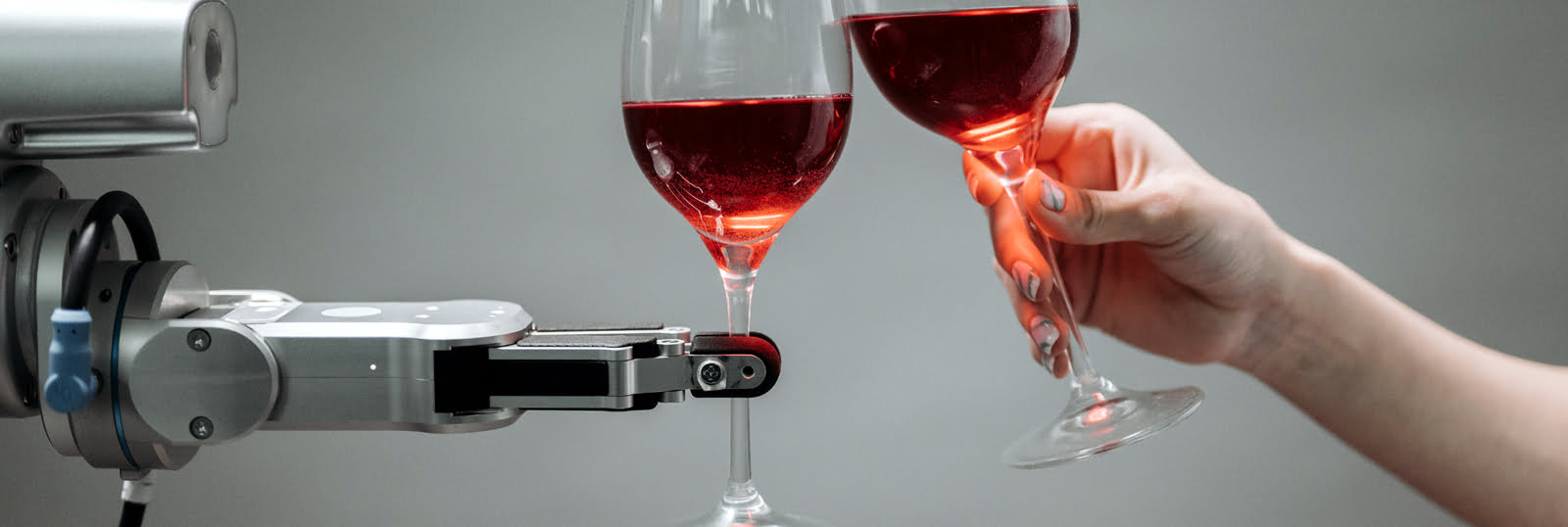Artificial intelligence (AI) is poised to significantly impact restaurants in a number of ways. From automating tedious tasks to changing how operators market, communicate and interact customers AI’s potential may be far reaching. At the sane time, AI will present a host of challenges including whether this emerging technology can realistically be integrated into existing workflows and processes and labor issues that could include a significant loss of jobs due to automation.
Here’s a few good ways that AI can affect restaurant operations:
- Automation of kitchen tasks: AI-powered robots and kitchen appliances can automate repetitive tasks such as cooking, dishwashing, and food preparation, which can increase efficiency and reduce labor costs.
- Enhancing customer service: AI-powered chatbots and virtual assistants can help restaurants improve customer service by answering questions, taking orders, and making recommendations.
- Optimizing inventory and food waste management: AI-powered systems can help restaurants optimize their inventory and reduce food waste by analyzing sales data and predicting customer demand.
- Smart kitchen management: AI-powered systems can help restaurants monitor and control kitchen operations, such as temperature, humidity, and energy consumption.
- Predictive analytics: AI-powered systems can provide insights into customer behavior, helping restaurants optimize their menus, prices, and promotions to increase revenue.
AI in the restaurant industry is still in its early stages and in a certain sense it’s just another new technology the sector will learn to adopt just as previous technologies have been integrated into restaurant operations.

